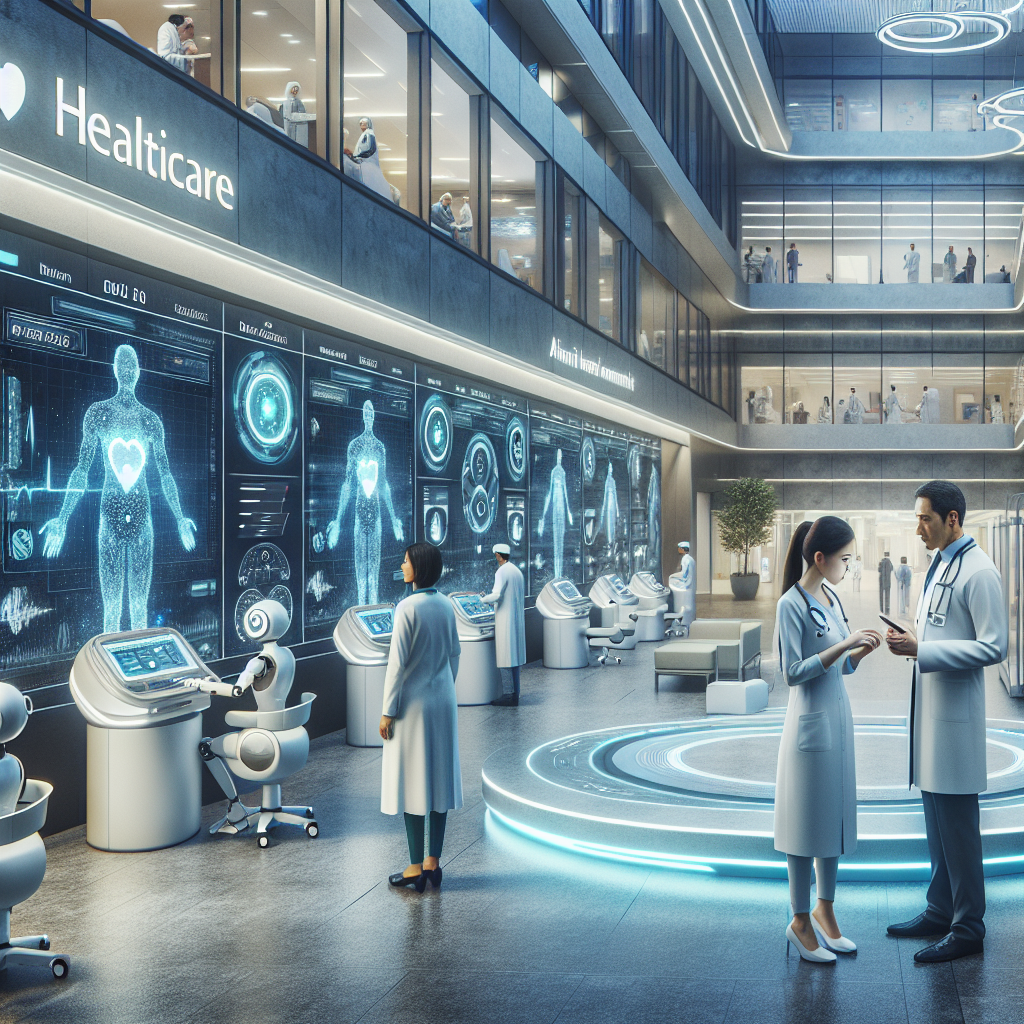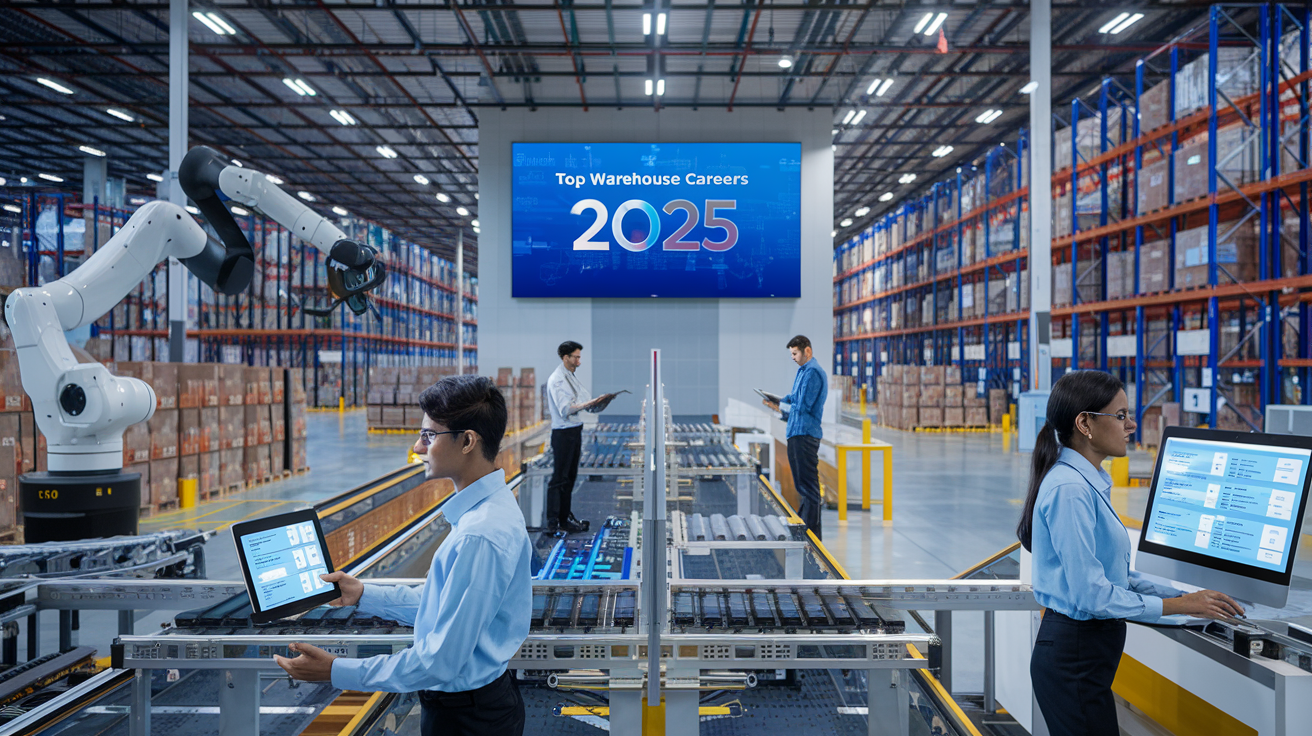Artificial Intelligence (AI) is revolutionizing healthcare by enhancing the early detection of diseases. Among its many applications, AI-enabled healthcare is particularly transformative in enabling early diagnosis through innovative technologies like nanotechnology and smartphone cameras. These advancements are not only improving patient outcomes but are also making healthcare more accessible and affordable. This article explores the integration of AI in healthcare for early disease detection, focusing on how nanotechnology and smartphone cameras are being utilized for at-home medical tests, with a specific look at the early diagnosis of chronic kidney disease.
The Power of AI in Healthcare [AI-Enabled Healthcare]
AI’s ability to process vast amounts of data and identify patterns that are often invisible to the human eye makes it a powerful tool in the healthcare industry. From predictive analytics to personalized treatment plans, AI is reshaping the way we approach medical care. One of the most promising areas is early disease detection, where AI’s precision and efficiency are proving to be game-changers.

Nanotechnology: A Tiny Solution for Big Problems
Nanotechnology involves manipulating matter at the atomic and molecular scale, which can significantly enhance the capabilities of medical diagnostics. In the context of AI-enabled healthcare, nanotechnology is being used to develop highly sensitive and accurate diagnostic tools.
- Biosensors: These are devices that use biological molecules to detect the presence of various chemicals in the body. Nanotechnology enhances the sensitivity of these biosensors, allowing for the detection of diseases at an early stage. For instance, nanobiosensors can identify biomarkers related to chronic kidney disease even before symptoms appear.
- Lab-on-a-Chip: This technology integrates several laboratory functions on a single chip of only a few millimeters in size. When combined with AI, these chips can analyze biological samples quickly and accurately, providing immediate results. This capability is particularly useful for monitoring kidney function, as it allows for real-time analysis of blood and urine samples.
Smartphone Cameras: Turning Everyday Devices into Diagnostic Tools
Smartphone cameras, combined with AI, are becoming valuable tools for at-home medical tests. The high-resolution cameras found in modern smartphones, coupled with advanced AI algorithms, can analyze images and detect abnormalities with impressive accuracy.
- AI Algorithms for Image Analysis: AI can be trained to recognize patterns and anomalies in medical images that are indicative of diseases. For example, by using images of the retina taken with a smartphone camera, AI can detect signs of diabetic retinopathy, a condition that often accompanies chronic kidney disease.
- Urine Test Kits: Innovative companies are developing urine test kits that work with smartphone cameras to detect kidney disease markers. Users simply take a photo of the test strip with their phone, and the AI analyzes the image to determine the concentration of specific biomarkers, providing an immediate diagnosis.
Early Detection of Chronic Kidney Disease (CKD)
Chronic kidney disease is a condition characterized by a gradual loss of kidney function over time. Early detection is crucial in managing CKD and preventing its progression to more severe stages. AI-enabled healthcare offers several advantages in this regard:
- Predictive Analytics: AI can analyze a patient’s medical history, lifestyle factors, and genetic data to predict the likelihood of developing CKD. This allows for early interventions that can slow the disease’s progression.
- Continuous Monitoring: Wearable devices equipped with AI can continuously monitor vital signs and other health indicators. For patients at risk of CKD, these devices can track changes in kidney function and alert healthcare providers to any concerning trends.
- Personalized Treatment Plans: AI can help create personalized treatment plans based on a patient’s unique health profile. By continuously learning from new data, AI systems can adjust treatments as needed, ensuring optimal care.
Benefits of AI-Enabled Early Detection
The integration of AI in early disease detection offers numerous benefits for both patients and healthcare providers:
- Improved Patient Outcomes: Early detection allows for timely interventions, which can significantly improve patient outcomes. For CKD patients, this means a better quality of life and a reduced risk of complications.
- Cost-Effective Care: By diagnosing diseases early, AI can help reduce the need for expensive treatments and hospitalizations. This makes healthcare more affordable and accessible for everyone.
- Enhanced Accessibility: At-home diagnostic tools powered by AI make it easier for people to monitor their health without needing to visit a healthcare facility. This is particularly beneficial for individuals living in remote areas or those with limited mobility.
Challenges and Future Directions
While AI-enabled healthcare holds great promise, there are still challenges to address:
- Data Privacy: Ensuring the privacy and security of patient data is paramount. Robust measures must be in place to protect sensitive information from breaches.
- Accuracy and Reliability: AI algorithms must be thoroughly validated to ensure their accuracy and reliability. False positives or negatives can have serious consequences for patients.
- Regulatory Hurdles: The regulatory landscape for AI in healthcare is still evolving. Clear guidelines and standards are needed to ensure the safe and effective use of AI technologies.
Despite these challenges, the future of AI-enabled healthcare looks bright. Ongoing advancements in AI, nanotechnology, and mobile health are likely to lead to even more innovative solutions for early disease detection and management.
- Comparison of AI-Enabled Diagnostic Technologies:
- This table can compare different technologies like nanobiosensors, lab-on-a-chip, and smartphone camera diagnostics in terms of sensitivity, cost, and ease of use.
| Diagnostic Technology | Sensitivity | Cost | Ease of Use |
|---|---|---|---|
| Nanobiosensors | High | Moderate | Requires expertise |
| Lab-on-a-Chip | Very high | High | Automated |
| Smartphone Camera | Moderate to high | Low | User-friendly |
- AI Applications in Chronic Kidney Disease (CKD) Monitoring:
- This table can outline specific AI applications for monitoring CKD, such as predictive analytics, continuous monitoring, and personalized treatment plans.
| AI Application | Functionality | Benefits |
|---|---|---|
| Predictive Analytics | Predicts CKD development based on data analysis | Early intervention, disease management |
| Continuous Monitoring | Monitors kidney function over time | Early detection of complications |
| Personalized Treatment | Tailors treatment plans based on patient data | Improved outcomes, reduced costs |
- Benefits of AI-Enabled Early Detection:
- Highlight the benefits of early disease detection enabled by AI in a summarized format.
| Benefit | Description |
|---|---|
| Improved Patient Outcomes | Timely interventions lead to better quality of life and reduced complications |
| Cost-Effective Care | Reduces healthcare costs by preventing disease progression |
| Enhanced Accessibility | Allows for at-home monitoring, benefiting remote and immobile patients |
Conclusion
AI-enabled healthcare is transforming the landscape of early disease detection, making it more accurate, accessible, and affordable. By leveraging the power of AI, nanotechnology, and smartphone cameras, we can detect diseases like chronic kidney disease at their earliest stages, improving patient outcomes and reducing healthcare costs. As technology continues to evolve, the potential for AI in healthcare will only grow, paving the way for a healthier future





